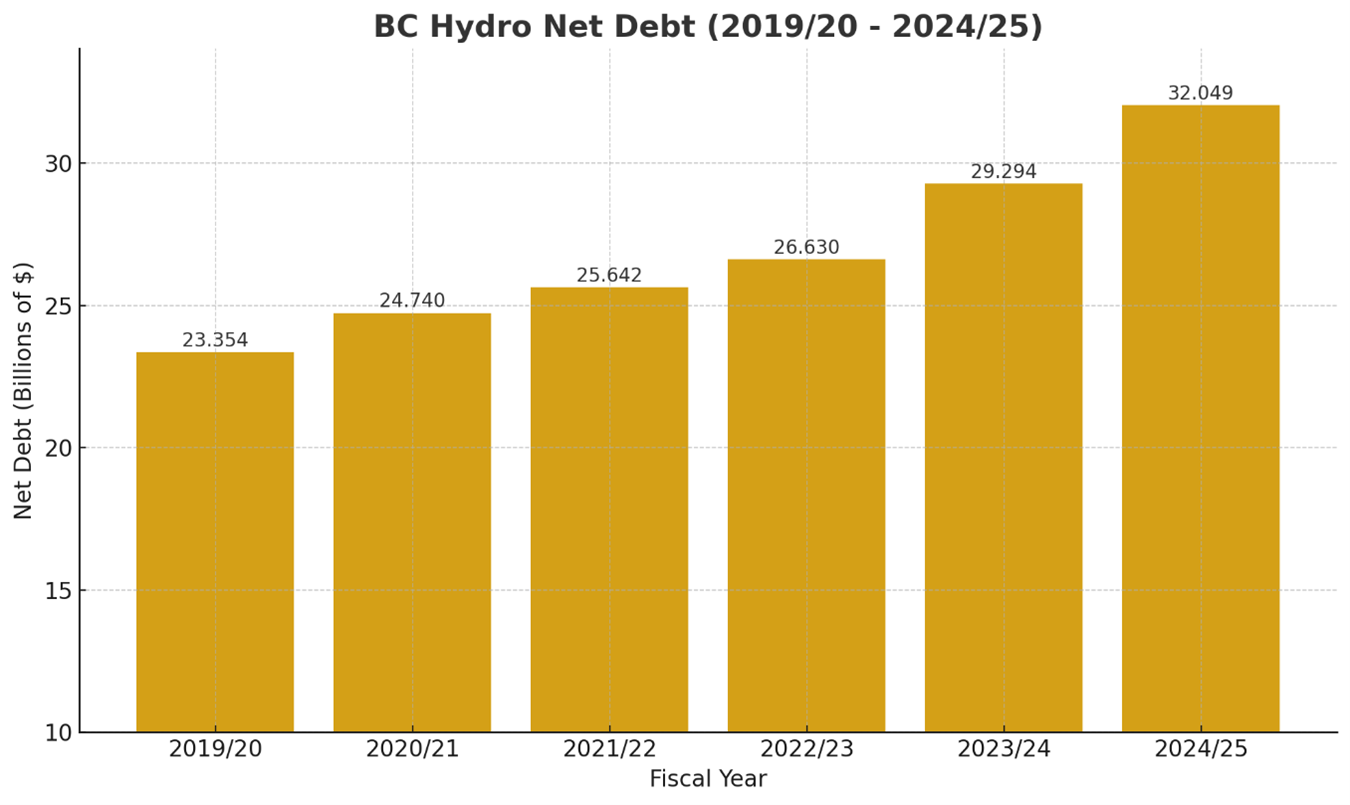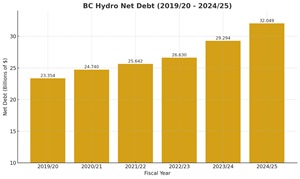British Columbians Support Energy Choice, Oppose Municipal Bans
VANCOUVER, British Columbia, Sept. 14, 2025 (GLOBE NEWSWIRE) -- As the summer heat fades, a new Ipsos survey for the Energy Futures Institute finds most British Columbians (63%) want choice in how they heat their homes—rejecting policies adopted by numerous municipalities that effectively ban natural gas in new buildings in favour of electric heat pumps only.
“British Columbians want energy choice when it comes to heating, which can actually alleviate pressures faced by BC Hydro” said Barry Penner, KC, Chair of the Energy Futures Institute.
The polling results come as BC Hydro’s financial and system pressures mount, with debt rising by $8.75 billion in just five years (up nearly 40% to $32.049 billion) — including $2.75 billion in the past year alone (an almost 10% increase) — with the utility still dependent on electricity imports. According to their 2024/25 annual report, BC Hydro spent $861 million to buy 8,356 GWh from outside B.C.—about 1.6 times the output of the new Site C dam in a normal water year.
Key Poll Finding:
Municipal Bans on Natural Gas
- Nearly 63% of British Columbians say residents should be able to choose whether to heat their homes and workplaces with natural gas and/or electricity, rather than being restricted to electricity only systems. Just 24% support municipal bans, while 13% are undecided.
“According to research by UVIC's Institute for Integrated Energy Systems (IESVic), requiring electrification of heating in British Columbia intensifies winter peak electricity demand — exactly when the grid is most stressed,” said Penner. “That’s good for US electricity exporters and bad for British Columbians.” Penner noted that much of the power imported by BC Hydro from the United States and Alberta is generated from fossil fuels. “It makes no sense to deny British Columbians the choice of using natural gas which is produced in BC and supports jobs and tax revenues here, when BC Hydro is importing electricity that comes from natural gas and coal.”
IESVic found hybrid heating systems that switch from electric to gas heat during cold weather reduce peak electricity demand, avoiding up to 1,400 megawatts of capacity increases in the Lower Mainland alone (the $16 billion Site C dam’s maximum capacity is 1,200 megawatts) while still supporting climate goals. More details can be found at www.uvic.ca/research/centres/iesvic/news-events/energybriefs/current-briefs/charting-space-heating-futures.php
Survey methodology
The Ipsos online poll survey of 801 adult British Columbians was conducted July 31–August 6, 2025. Margin of error ±4.0 percentage points, 19 times out of 20.

Media Contact
Simon Turner
(672) 833-3775
simon@resourceworks.com
Background:
Barry Penner, KC
Barry Penner served as BC’s Minister of Environment, Minister of Aboriginal Relations & Attorney General during his four terms as a MLA. Penner represented Chilliwack in the BC Legislature from 1996 to 2012. During this time, he also served as both President and Vice President for the Pacific Northwest Economic Region (PNWER) and chaired a number of Legislative Committees. As Minister of Environment, Penner introduced BC’s first climate action plan which included North America’s first revenue-neutral carbon tax.
Penner was named Chair for the Energy Futures Institute in December 2023.
The Energy Futures Institute is a Resource Works-sponsored project bringing a fresh perspective to discussions surrounding the future of energy in British Columbia.
A photo accompanying this announcement is available at https://www.globenewswire.com/NewsRoom/AttachmentNg/148fec3f-ee7c-41d4-895e-6095eaa76a4a

Bar graph showing Net BC Hydro debt from 2019/20 - 20224/25
The following graph shows the trend in BC Hydro debt from 2019/20 - 2024/25. Sourced from Public Account - Ministry of Finance, Office of the Comptroller General 2024 and Public Account - Ministry of Finance, Office of the Comptroller General 2025
Legal Disclaimer:
EIN Presswire provides this news content "as is" without warranty of any kind. We do not accept any responsibility or liability for the accuracy, content, images, videos, licenses, completeness, legality, or reliability of the information contained in this article. If you have any complaints or copyright issues related to this article, kindly contact the author above.


